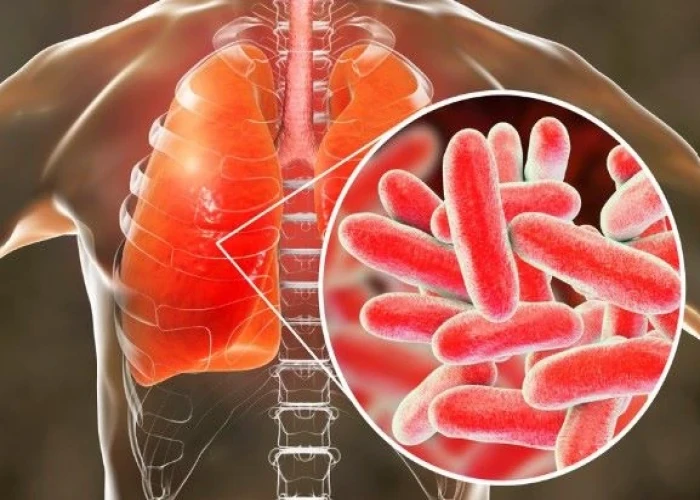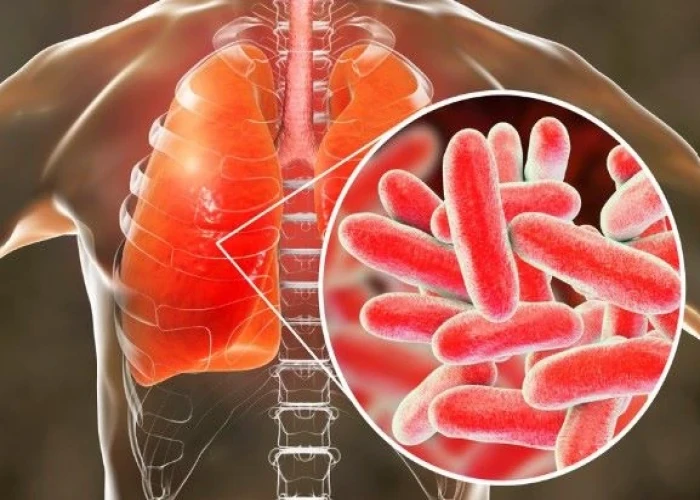 Welcome
Welcome
“May all be happy, may all be healed, may all be at peace and may no one ever suffer."
Legionnaires' disease

Legionnaires' disease is a severe form of pneumonia — lung inflammation usually caused by infection. It's caused by a bacterium known as legionella.
Most people catch Legionnaires' disease by inhaling the bacteria from water or soil. Older adults, smokers and people with weakened immune systems are particularly susceptible to Legionnaires' disease.
The legionella bacterium also causes Pontiac fever, a milder illness resembling the flu. Pontiac fever usually clears on its own, but untreated Legionnaires' disease can be fatal. Although prompt treatment with antibiotics usually cures Legionnaires' disease, some people continue to have problems after treatment.
Research Papers
Disease Signs and Symptoms
- Headaches
- Muscle pain
- Fever
- Shortness of breath (dyspnea)
- Chest pain
- Confusion (Hallucinations)
- Cough, which might bring up mucus and sometimes blood
- Gastrointestinal symptoms, such as nausea, vomiting and diarrhea
- Confusion or other mental changes
Disease Causes
Legionnaires' disease
The bacterium Legionella pneumophila is responsible for most cases of Legionnaires' disease. Outdoors, legionella bacteria survive in soil and water, but rarely cause infections. However, legionella bacteria can multiply in water systems made by humans, such as air conditioners.
Although it's possible to get Legionnaires' disease from home plumbing, most outbreaks have occurred in large buildings, perhaps because complex systems allow the bacteria to grow and spread more easily. Also, home and car air conditioning units don't use water for cooling.
How the infection spreads
Most people become infected when they inhale microscopic water droplets containing legionella bacteria. This might be from the spray from a shower, faucet or whirlpool, or water from the ventilation system in a large building. Outbreaks have been linked to:
- Hot tubs and whirlpools
- Cooling towers in air conditioning systems
- Hot water tanks and heaters
- Decorative fountains
- Swimming pools
- Birthing pools
- Drinking water
Besides by breathing in water droplets, the infection can be transmitted in other ways, including:
- Aspiration. This occurs when liquids accidentally enter your lungs, usually because you cough or choke while drinking. If you aspirate water containing legionella bacteria, you can develop Legionnaires' disease.
- Soil. A few people have contracted Legionnaires' disease after working in a garden or using contaminated potting soil.
Disease Prevents
Legionnaires' disease
Outbreaks of Legionnaires' disease are preventable, but prevention requires water management systems in buildings that ensure that water is monitored and cleaned regularly.
To lower your personal risk, avoid smoking.
Disease Treatments
Legionnaires' disease is treated with antibiotics. The sooner therapy is started, the less likely the chance of developing serious complications. In many cases, treatment requires hospitalization. Pontiac fever goes away on its own without treatment and causes no lingering problems.
Disease Diagnoses
Disease Allopathic Generics
Disease Ayurvedic Generics
Disease Homeopathic Generics
Disease yoga
Legionnaires' disease and Learn More about Diseases

Snoring

Nonmelanoma skin cancer

Male breast cancer

Attention-deficit/hyperactivity disorder (ADHD) in children

Schizoid personality disorder

Ameloblastoma

Broken foot

Popliteal artery aneurysm
legionnaires' disease, লেজিওনায়ারস রোগ
To be happy, beautiful, healthy, wealthy, hale and long-lived stay with DM3S.
